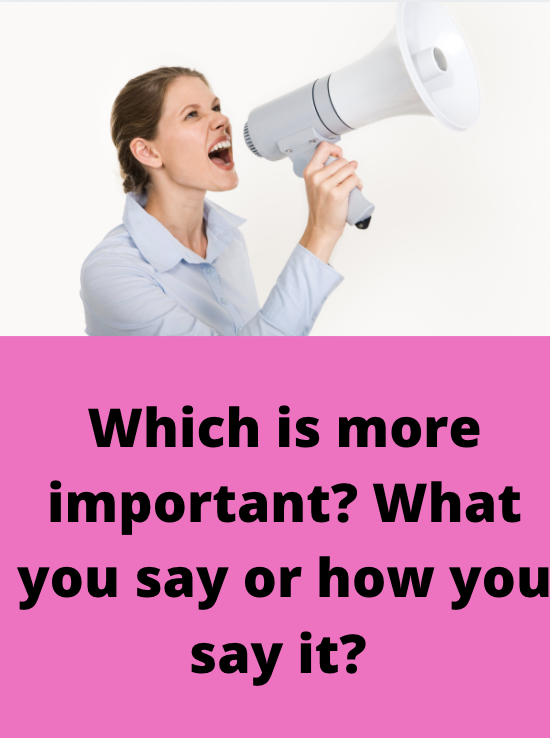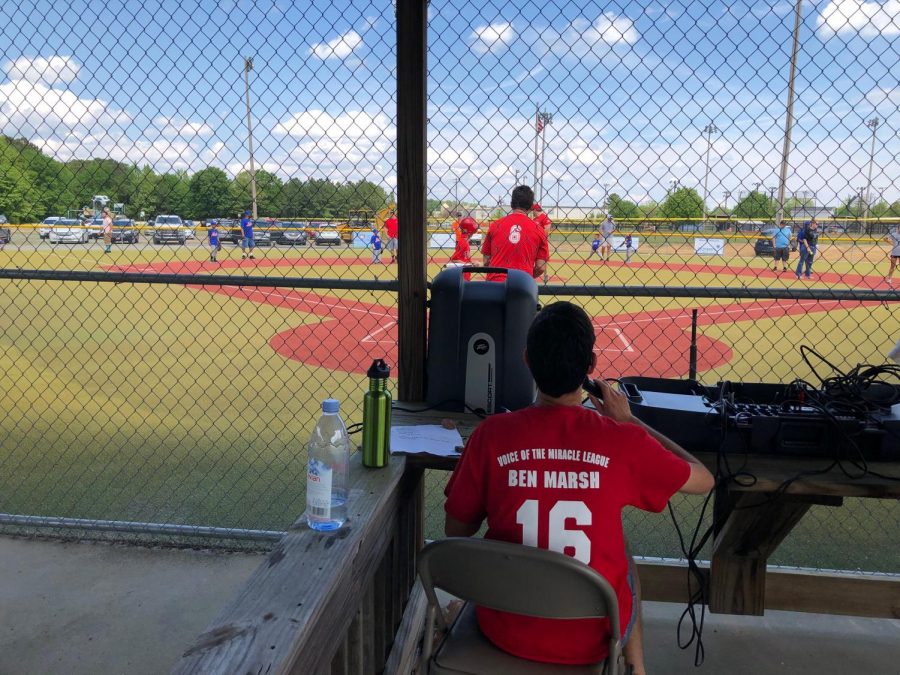PRO
By NICK DOROGY, Gazebo Staff Writer
Does the number 270 ring any bells to you?
It should.

In order for the next president of the United States to be chosen, either Hillary Clinton or Donald Trump must win over 270 votes from delegates that represent each state.
If you are anything like me, until you were in Mr. Dewayne Lawson’s eighth grade civics class, you probably thought the general election decided our next president.
My first response was, “Wait, what? So we don’t actually choose who our next president is? That’s not democracy!”
Thankfully for my eighth grade self, I was wrong.
The electoral college is possibly the most democratic institution the U.S. still holds onto.
To begin with, we get to elect the members of parties to represent our county. The parties we elect, and agree with, will choose our electorates. That means every two years we choose who will vote for our next president when we vote for our county representatives. Fortunately for us, it’s not the same people choosing the president every time.
Second, the general vote still counts. Before electors cast their votes for the next president, they can see who their state favors through their general election poll. It’s no shot in the dark for our representatives.
Oh yeah, by the way, at least the electors can’t cheat. Who’s to say I can’t vote multiple times if the government never catches me? It’s happened before.
But hey, here’s the big one.
You know how when you’re driving and someone cuts you off or somebody raises their hand and says something stupid and you just sit their with the “oh-my-God” look on your face and wonder how you could possibly live with such people?
Don’t lie to yourself. We all do it.
The electoral college weeds out the bad roots of society for you. The men and women we elect to represent us are well-educated, open-minded people who will keep our best interests at heart and ensure that a few slightly-crazy people can’t change the course of an election. They are the safety net for the general population that has the always conservative or always liberal populations.
And if they are ever unable to reach 270 votes for one candidate… don’t fear, your state’s elected Representatives from the House will get to vote.
But what would happen if the general population vote was a tie? Rock-paper-scissor-shoot?
Oh, and one more thing…
All of those really smart people who founded our country, the Constitution and established our rights- they chose to use the electoral college.
Nick Dorogy is a junior and a sports writer for the Gazebo.
CON
By CARLY WANNA, Gazebo Editor

The electoral college has been in place since the creation of the United States, but in a country that prides itself on democracy, it’s a wonder how such an undemocratic relic has survived into the 21st century.
The electoral college was created with the idea the average American was not capable of choosing the nation’s leaders. Brilliant as they were, the 18th century wasn’t as democratically progressive as today’s society likes to make the founding fathers out to be. Many owned slaves, and many distrusted the average man. In fact, a popular vote was not even called for in the Constitution. The electoral college was literally designed to stop the public from choosing the president.
Aside from its questionable motives, the electoral college has grown to reflect a popular vote, albeit not directly. Electoral votes are assigned to states based on population, but there is no guarantee the winner of the popular vote will also be the winner of the national election. In fact, it hasn’t been four times. The most recent of which was the infamous Bush vs. Gore race in 2000.
Additionally, the practice of the electoral college gives little incentive for minorities to vote in states. Generally speaking, all of a state’s electoral votes go towards one candidate, so if a voter knows they’re outnumbered, what’s the point in working around your busy day to make it to a voting booth that doesn’t really require your vote?
The practice of distributing electoral college votes isn’t even necessarily fair. Gerrymandering is a process in which electoral lines are drawn to lump minority groups together, so as to give them a lesser influence in politics.
The electoral college grew out of undemocratic ideas, and, although revised to match modern civic society, it remains an antiquated concept that acts as a hindrance to open democracy.
Carly Wanna is a senior and editor of the Gazebo.







